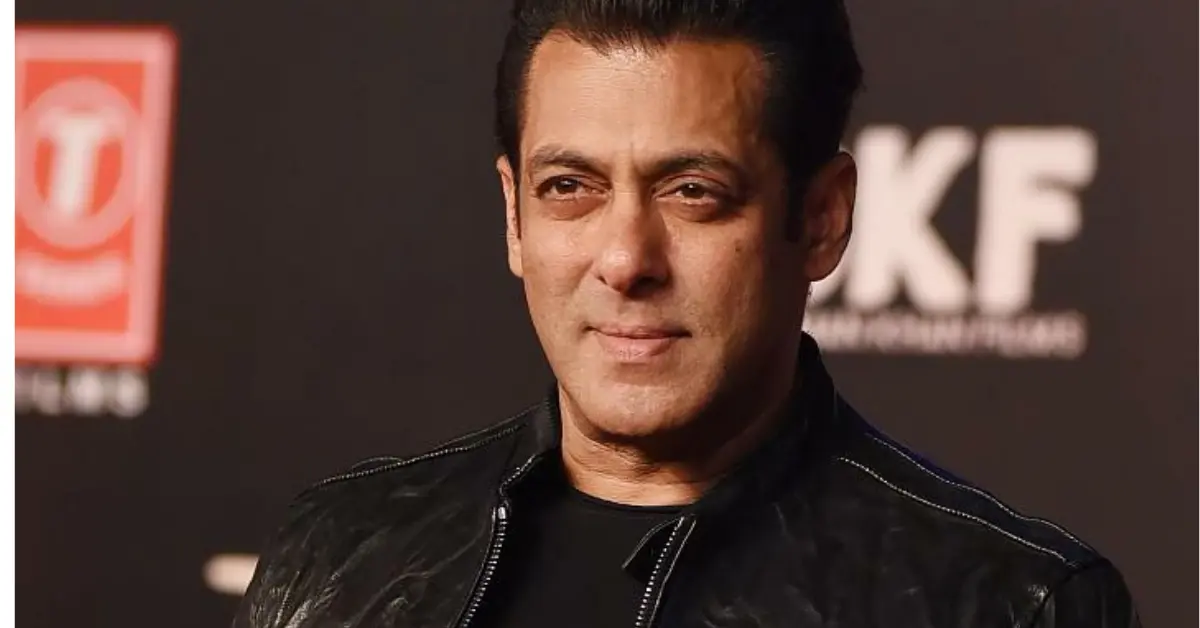
Salman Khan: Introduction:
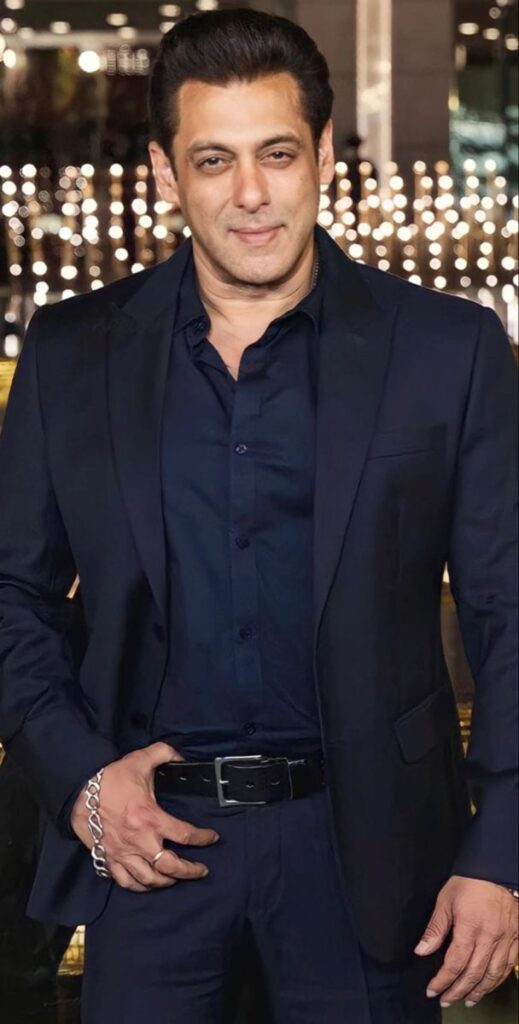
One of the most recognizable personalities in Indian film. Salman Khan has found a space for himself with his extraordinary skill, captivating demeanour, and ongoing popularity. Over three decades of profession have seen Salman become one of Bollywood’s most well-known stars. Distinguished by his adaptability, charitable work, and special mix of on-screen appeal and off-screen demeanour. Examining Salman Khan’s life and career, this blog explores his path, successes, controversies, and contributions to Indian film. .
Salman Khan: Early Days and Background Information
Born in Indore, Madhya Pradesh, on December 27, 1965, Salman Khan is the oldest son of filmmaker Salim Khan and his first wife, Sushila Charak (later Salma Khan). Having his father be a well-known screenplay who wrote some of Bollywood’s best successes, including “Sholay” and “Deewaar,” his origins are well ingrained in the movie business. Early movie exposure for Salman surely shaped his professional path.
Salman grew raised in Mumbai, attended St. Stanislaus High School and subsequently studied at St. Xavier’s College but left without finishing his degree. His love of performing drove him to work in cinema; he debuted in the 1988 film “Biwi Ho To Aisi,” but in a minor part.
Salman Khan: Novel and Stardom
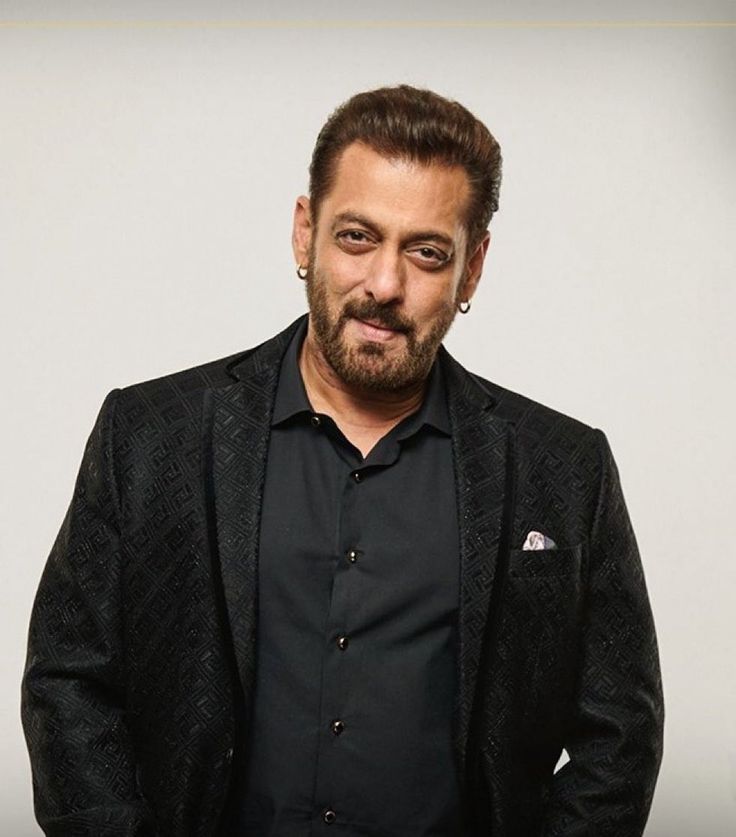
Directed by Sooraj R. Barjatya, Salman Khan’s breakout romance drama “Maine Pyar Kiya” debuted him in 1989. The movie shot Salman to instantaneous popularity and was a huge hit. His performance of the charming Prem won him a Filmfare Award for Best Male Debut, and the picture rose to be among the top grossing films of the year.
Salman hit a run during the 1990s, covering “Hum Aapke Hain Koun..!” “Karan Arjun,” “Jeet,” “Judwaa,” and “Pyaar Kiya To Darna Kya.” Among viewers, he was a favourite because of his on-screen personality, unusual dancing technique, and rapport with co-stars. Known for his larger-than-life performances, Salman often portrayed the classic Bollywood hero with equal grace who could sing, dance, fight, and romance.
Versatility and Reiteration
Salman had constant success, although in the 2000s he experimented with many roles and genres. In films like “Tere Naam,” where he played a tormented lover with a sad destiny, and “Bajrangi Bhaijaan,” a touching tale of a man helping a mute Pakistani girl reconcile with her family, he showed his adaptability. These flicks proved Salman’s capacity for emotional connection with viewers.
Apart from his acting ability, Salman Khan gained reputation for his health and body. Many were motivated by his commitment to keeping a robust and muscular body; he also greatly helped to popularise fitness culture in India.
Legal Concerns and Controversies
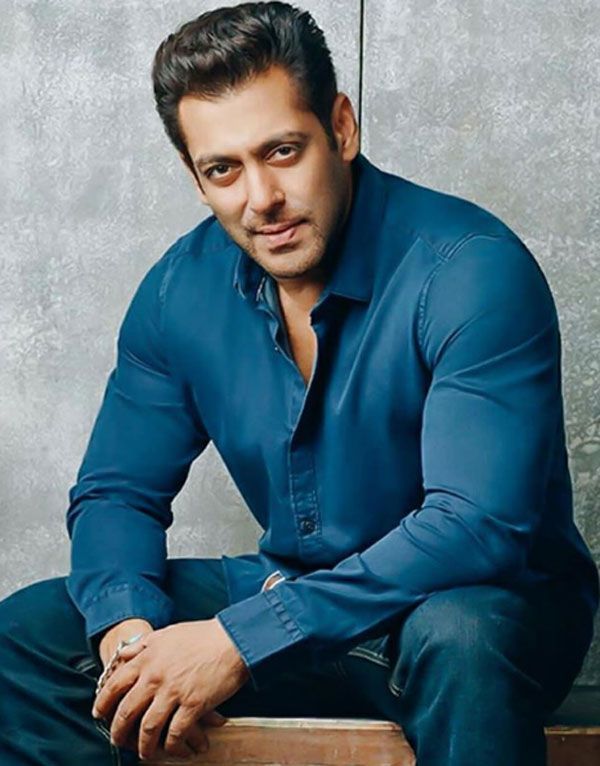
The path of Salman Khan has not been without controversy. Legal conflicts he has fought include the blackbuck poaching case and the notorious hit-and-run case. Both supporters and detractors of these events engaged in discussions and paid great media attention. Salman has maintained great popularity despite the scandals; his devoted following has remained with him.
Foundation for Philanthropy and Humanism
Apart from his on-screen image, Salman Khan is well-known for his charitable activities. In 2007 he started the Being Human Foundation, a nonprofit dedicated to provide poor children with healthcare and education. The organisation has supported scholarships, cancer treatments, and heart surgery among other projects. Fans and the general public like and admire Salman as he is committed to returning to society.
Iconic Movies and Box Office Performance
The films of Salman Khan abound in classic works that have permanently changed Indian Cinema. Blockbuster successes such “Dabangg,” “Ek Tha Tiger,” “Kick,” “Sultan,” and “Bajrangi Bhaijaan,” have come from his partnerships with filmmakers including Sooraj R. Barjatya, Kabir Khan, and Ali Abbas Zafar. Apart from their financial success, these films have shown Salman’s acting variety.
Particularly the “Dabangg” series exposed viewers to the charming and eccentric officer Chulbul Pandey, a figure who came to define Salman’s demeanour. The popularity of the movie led to follow-up films and established Salman as a bankable actor able to lure audiences to movie theatres.
Legacy and Effects
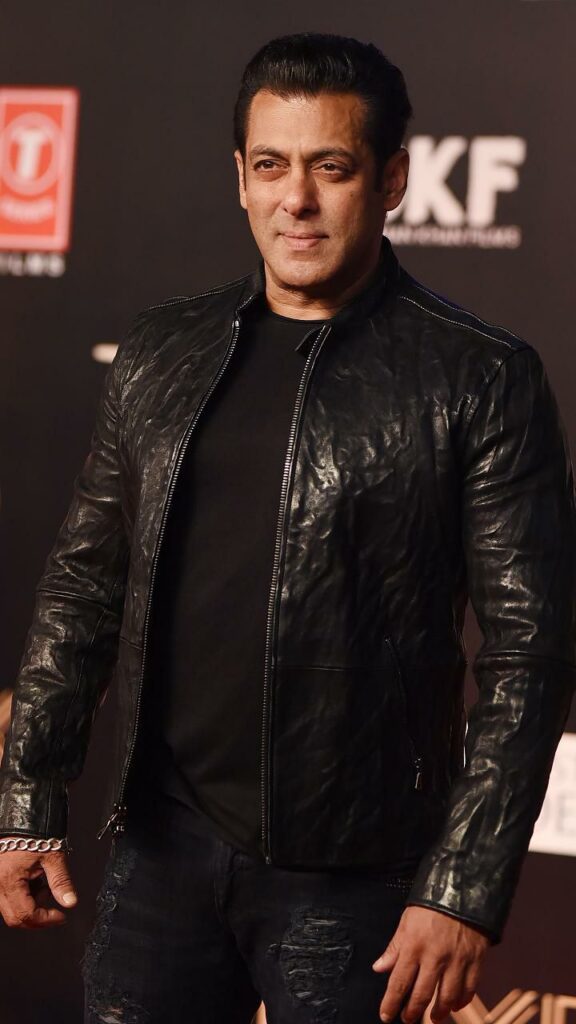
The influence of Salman Khan on Indian film transcends mere box office attendance. He has shaped workout programs, clothing trends, and even conversational techniques. Popular culture has absorbed his catchphrases, “Swagat nahi karoge hamara?” from “Dabangg,” into regular use. Often celebrating his flicks with great fervour and excitement, Salman’s fan base—known as “Salmanians”—is among the most committed in Bollywood.
Salman is a popular person in Indian entertainment because of his special capacity to relate to viewers of all backgrounds and ages. His films appeal to a broad audience by generally combining drama, humour, romance, and action. With his films regularly doing well at the box office, he still remains a force to be reckoned with.
Leave a Reply